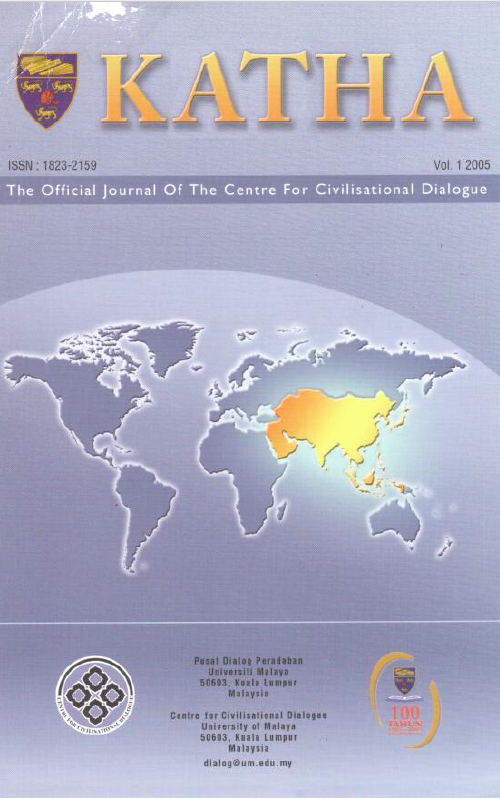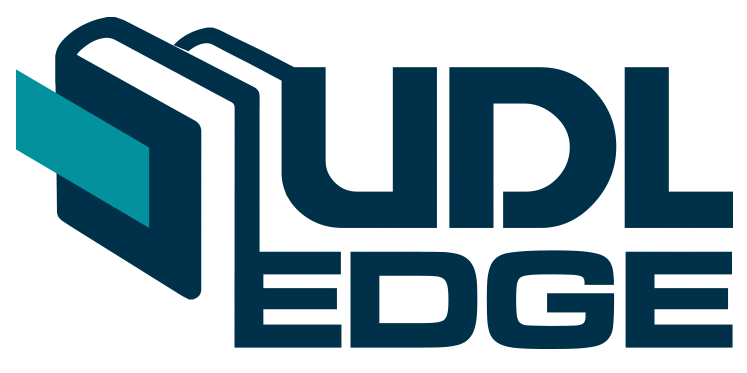Democratisation, Civil Society, and the Future of Acheh
Abstract
One noteworthy future of the recent landmark changes in Indonesian politics is the collapse of the Soeharto government in the name of democracy, which was followed by a wider crisis of the Indonesian nation-state. One aspect of this crisis is the strengthening of the secessionist movement of Acheh (Sumatra) calling into question the country’s national boundaries, very much a legacy of the Dutch colonial era. It is intended here to examine first the current crisis of the Indonesian nation-state by focusing on how Indonesia nationalism emerged and how Indonesia as a nation-state was formed as well as the process by which Acheh became a part of that republic. This will be followed by the question of whether the current process of democratisation in Indonesia will strengthen its national unity and prevent Acheh from seceding. In other words, will Acheh achieve its independence from Indonesia as Indonesia takes the road towards deepening democratisation? The role of the Achehnese NOGs in the dissemination of democratic ideas and the coalition between civil societies and political parties in addressing the Acheh question will also be evaluated. Another extremely important point which needs to be looked at is the obstacles to the peace process in Acheh.
Downloads
Downloads
Published
How to Cite
Issue
Section
License
Articles submitted to the journal should not have been published before in their current or substantially similar form, or be under consideration for publication elsewhere. Authors submitting articles for publication warrant that the work is not an infringement of any existing copyright and will indemnify the publisher against any breach of such warranty. For ease of dissemination and to ensure proper policing of use, papers and contributions become the legal copyright of the publisher unless otherwise agreed. By submitting a manuscript, the author(s) agree that copyright for the article is transferred to the publisher, if and when the manuscript is accepted for publication. However, it can be reprinted with a proper acknowledgment that it was published in KATHA.

This work is licensed under a Creative Commons Attribution-NonCommercial-NoDerivatives 4.0 International License.




